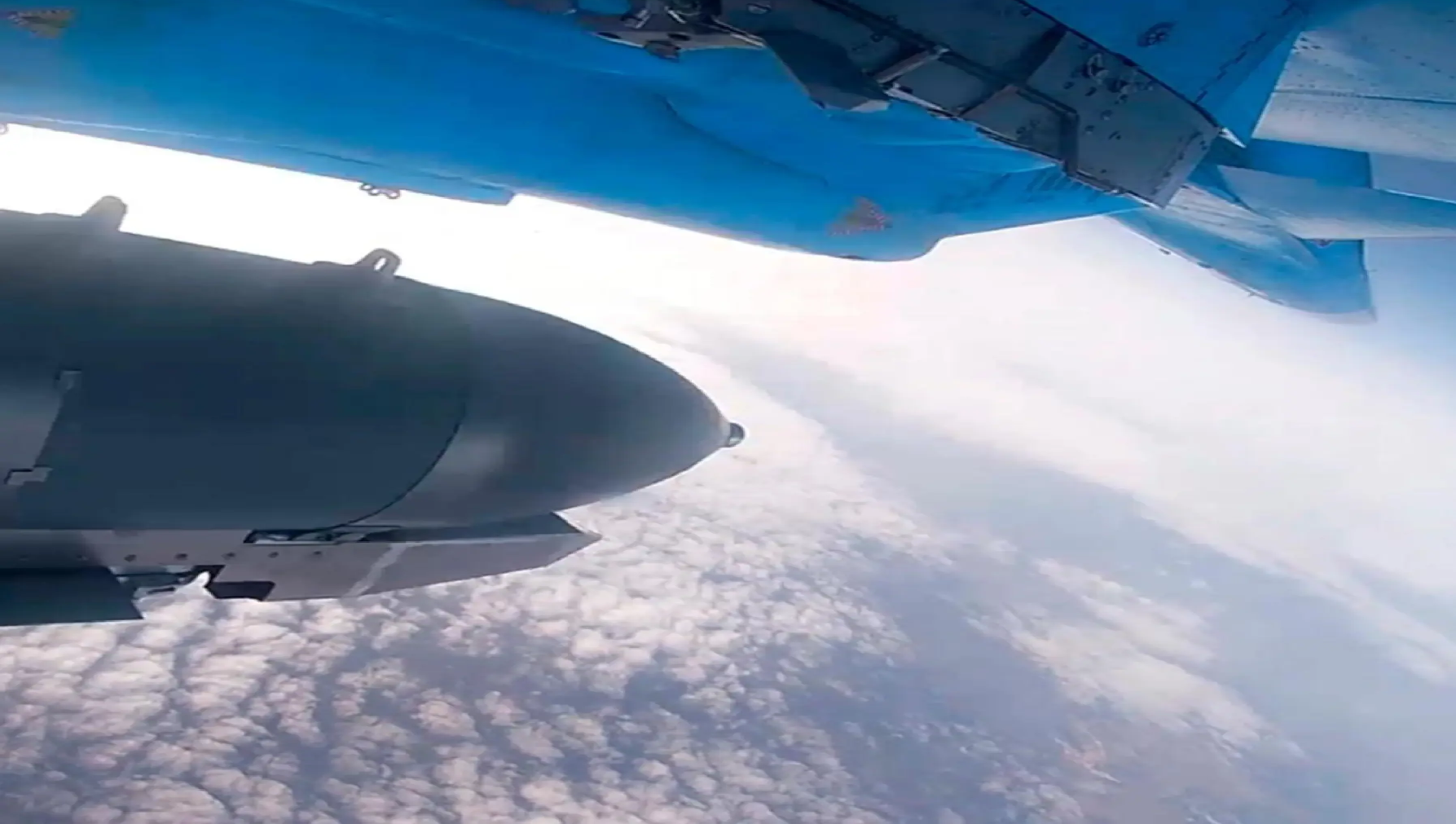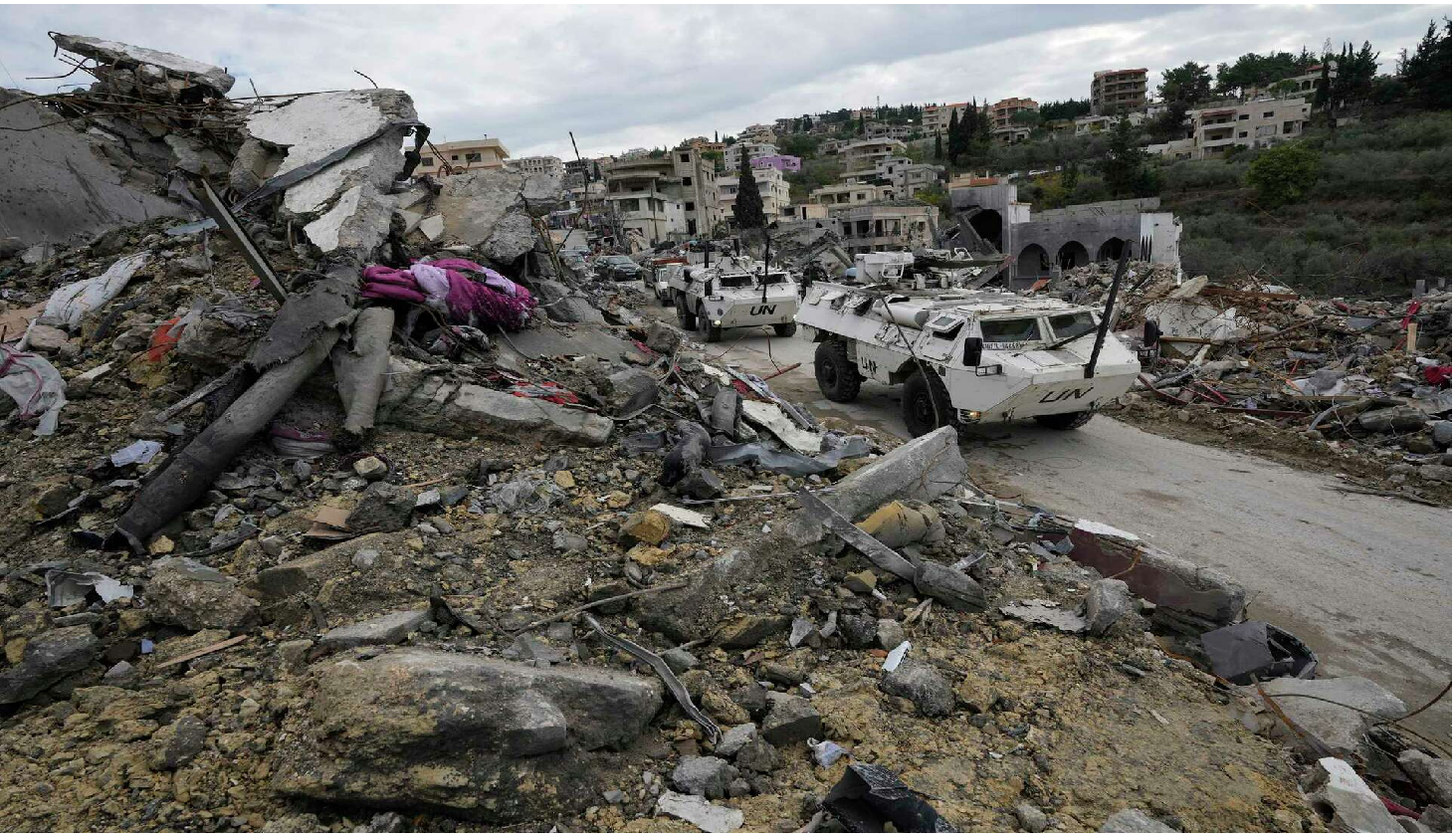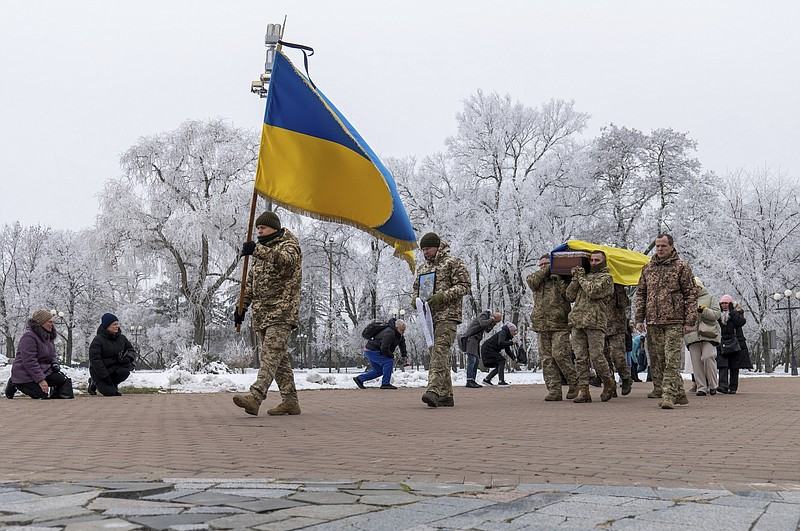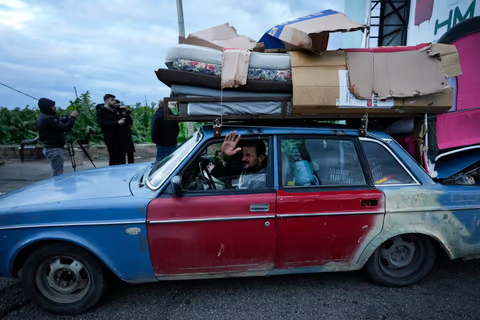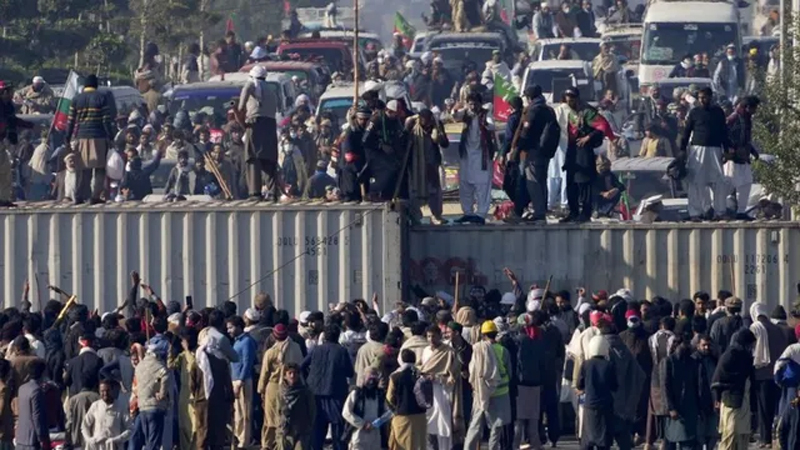
Afghan health care system on the brink
Kabul: The diesel fuel needed to produce oxygen for coronavirus patients has run out. So have supplies of dozens of essential drugs. The staff, unpaid for months, still shows up for work, but they are struggling to make ends meet at home.
This is the plight at the Afghan-Japan Hospital for communicable diseases, the only COVID-19 facility for the more than 4 million people who live in the capital of Kabul. While the coronavirus situation in Afghanistan appears to have improved from a few months ago when cases reached their peak, it is now the hospital itself that needs life support.
Its predicament is a symptom of the crisis in Afghanistan’s health care system, which is on the brink of collapse and able to function only with a lifeline from aid organizations.
“We face many problems here,” said Dr Ahmad Fatah Habibyar, the hospital’s administration logistics manager, citing three months of unpaid salaries, shortages of equipment and drugs, and a lack of food.
When the Taliban took control of Afghanistan in August amid a chaotic U.S. and NATO troop withdrawal, the international community pulled all funding and froze billions of dollars of Afghanistan’s assets abroad. For a country heavily dependent on foreign aid, the consequences have been devastating.
The Taliban government wants the international community to ease sanctions and release Afghanistan’s assets abroad so it can pay civil servants, including doctors and teachers. The United Nations has sounded the alarm over a hunger crisis, with 22% of Afghanistan’s 38 million people near famine and another 36% facing acute food insecurity. –(AP)
 English daily published in Bengaluru & Doha
English daily published in Bengaluru & Doha

